November 5, 2024: Chhath Puja is a deeply spiritual and traditional festival celebrated to honor the Sun God (Surya) and Chhathi Maiya (the goddess associated with fertility, health, and well-being). The primary purpose of the festival is to seek blessings for health, prosperity, and the overall well-being of individuals and families. It is also a time to express gratitude for the life-giving energy of the Sun and nature.
1. Worship of the Sun God (Surya)

The Sun God is regarded as a symbol of vitality, health, and life force in Hinduism. By offering prayers and performing rituals, devotees seek the Sun God’s blessings for their personal growth, prosperity, and happiness.
The Sun is also believed to have healing properties, and devotees pray for the well-being of their family members, especially children, and to gain freedom from sickness and suffering.
2. Gratitude for Nature and Its Elements
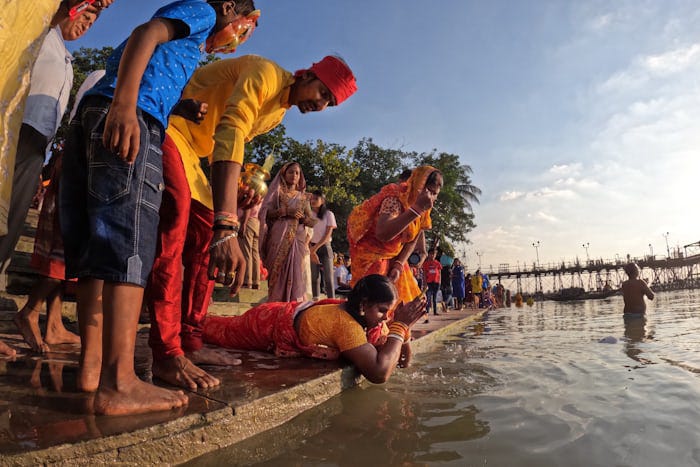
Chhath Puja reflects a deep connection with nature and acknowledges the importance of the Sun, Earth, water, and air in sustaining life. The festival is celebrated by offering prayers near water bodies such as rivers, ponds, and lakes, symbolizing a deep respect for nature and its essential role in human existence.
The rituals involve cleansing and purifying the self and nature, as participants bathe in sacred rivers or water sources and offer food and prayers as a sign of thanks for the natural bounties.
3. Seeking Blessings for Health and Well-being
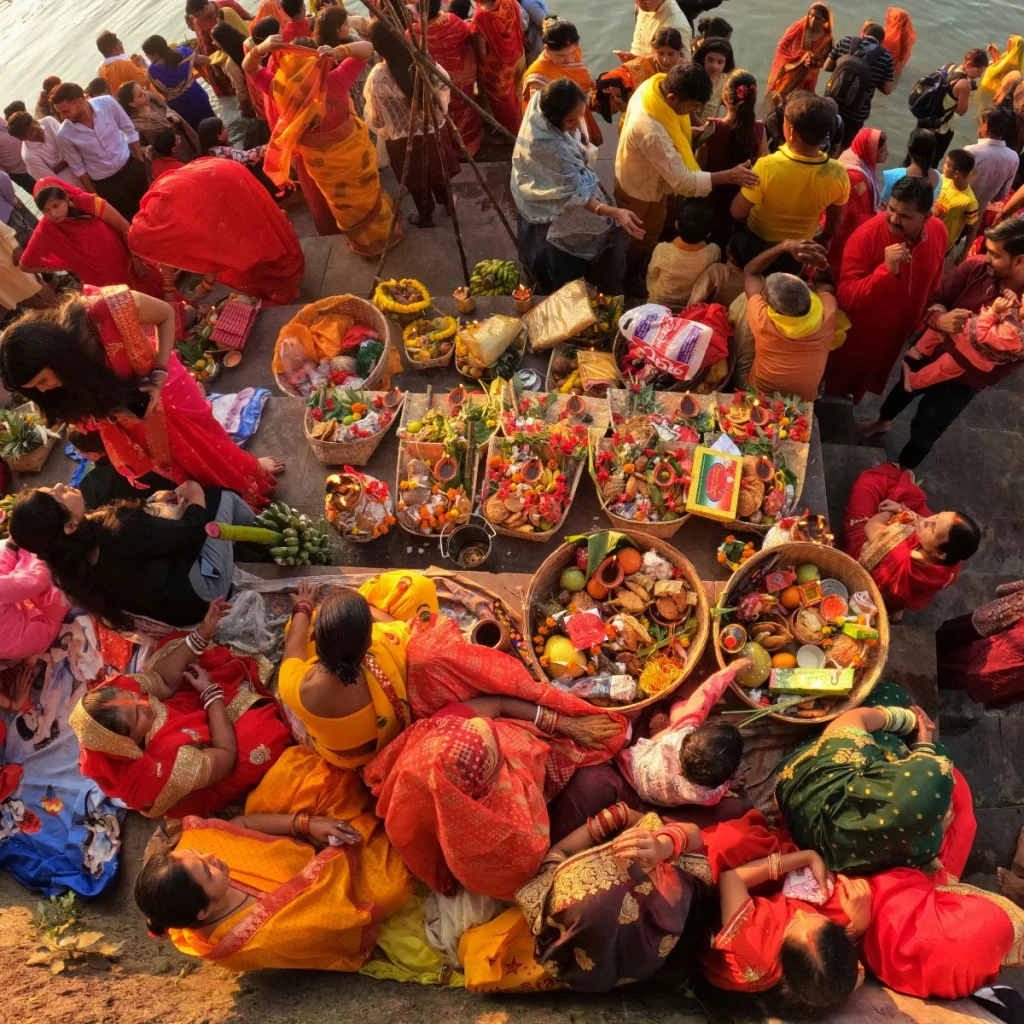
Health is one of the central themes of Chhath Puja. Devotees pray for physical well-being, both for themselves and their families. The festival is often seen as a way to cure illness, protect children, and ensure longevity.
Fertility is another key aspect, with many women fasting and praying for safe childbirth and the prosperity of their children. The blessings of Chhathi Maiya are especially sought for the protection and growth of one’s family.
4. Expressing Gratitude
Chhath Puja is also a time for devotees to express gratitude to the Sun God for the gifts of life, strength, and abundance. The rituals and offerings made during the festival are seen as a way to thank the Sun for its energy that nurtures crops, supports life on Earth, and provides overall vitality.
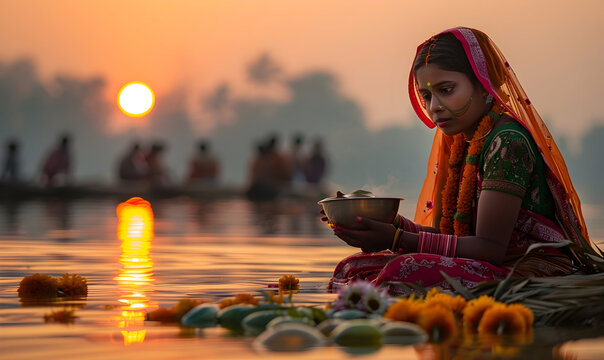
The thanksgiving aspect of the festival encourages devotees to reflect on their lives and appreciate the blessings they have received, whether material or spiritual.
5. Fasting and Self-Purification
The strict fasts observed during Chhath Puja are seen as an act of self-purification and devotion. Devotees often observe a nirjala fast (without food or water) to cleanse their body and mind, thereby preparing themselves to receive the blessings of the Sun God and Chhathi Maiya.
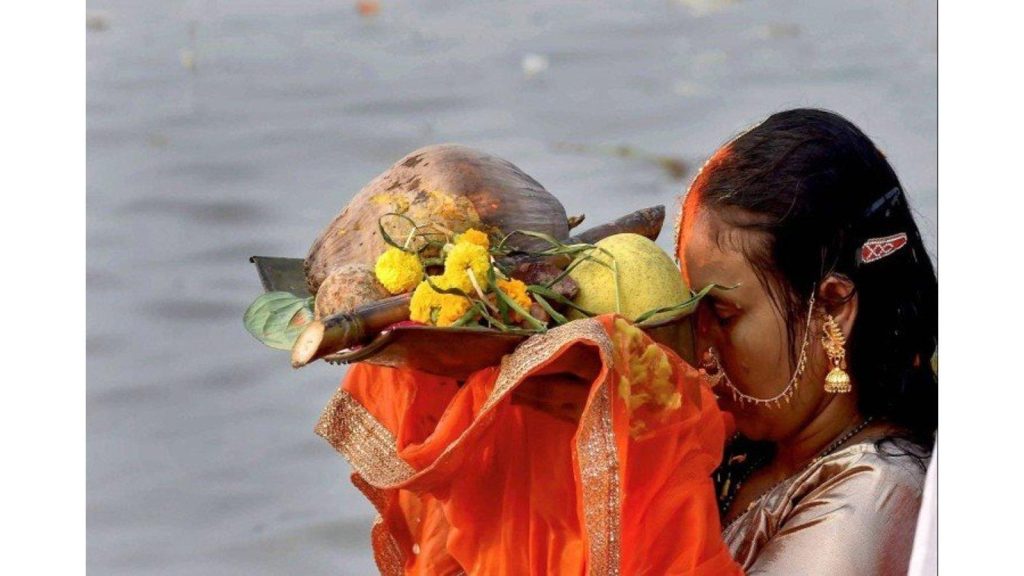
The rigorous fasting also symbolizes self-discipline and commitment to one’s faith, teaching the values of patience, endurance, and devotion.
6. Strengthening Family Bonds and Social Unity
The festival brings families together and is celebrated with a strong sense of community. Extended families often gather for the rituals, and the collective participation strengthens social ties.
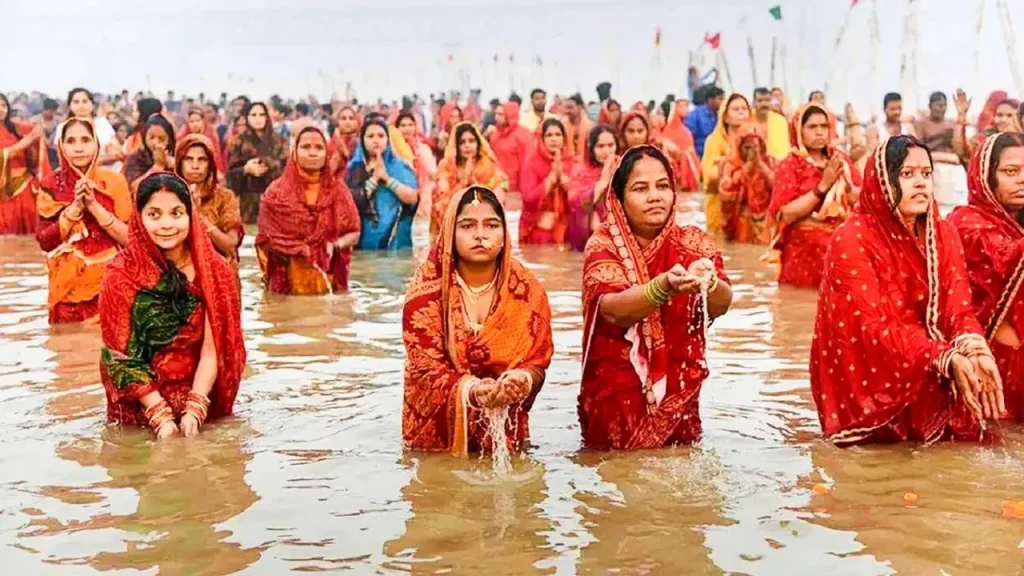
Chhath Puja is one of the few festivals that is celebrated without division of caste or class, and its communal nature promotes a sense of unity and equality among people.
7. Spiritual Cleansing and Renewal
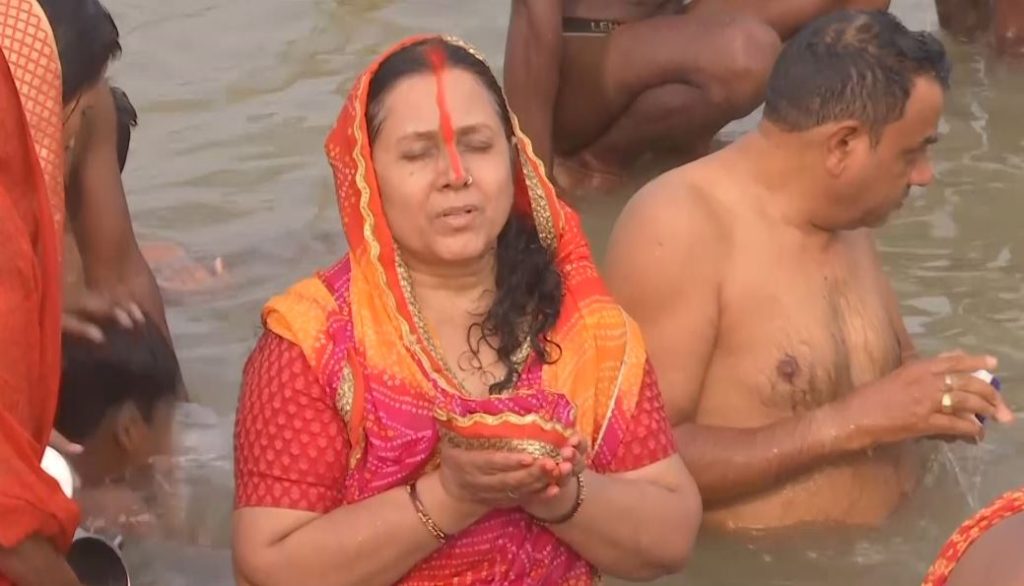
The ritual baths taken during the festival symbolize a spiritual cleansing of the devotee’s body and soul. The water offerings and rituals are meant to purify the individual and allow them to enter a new phase of life, free from negativity or illness.
8. Fulfilling Wishes and Desires
Devotees believe that if the rituals are performed with sincerity and devotion, the Sun God grants the fulfillment of wishes. These can range from desires for wealth, success, health, and prosperity, to more specific personal goals or family needs.
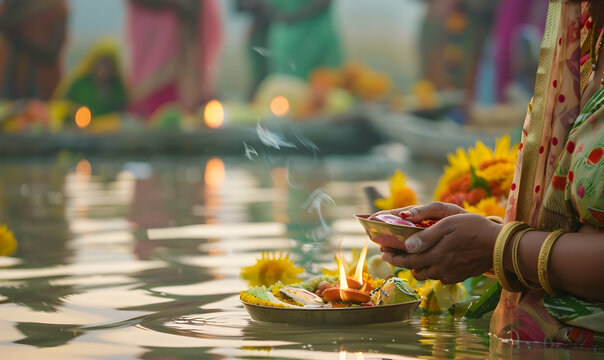
The festival also aims to promote mental peace and inner satisfaction, helping devotees to feel more connected to the divine.
Conclusion:
At its core, Chhath Puja is a festival of gratitude, health, and divine connection. The festival’s purpose is not only to honor the Sun God but also to reinforce the importance of nature, community, and discipline. It is a time for devotion, purification, and seeking blessings for a prosperous and healthy future, making it a deeply meaningful celebration for families and communities that observe it.



